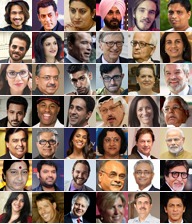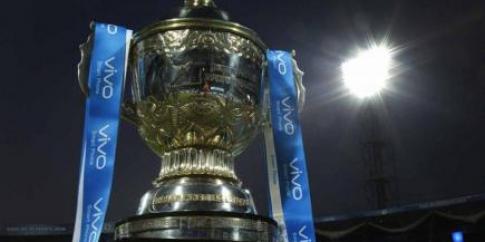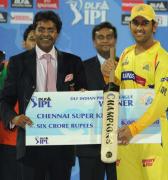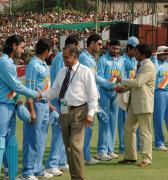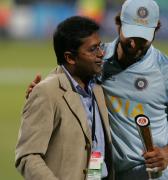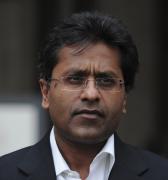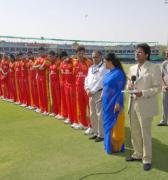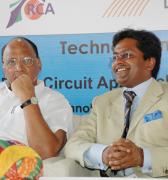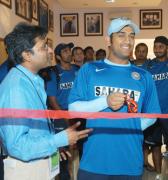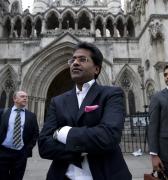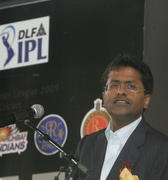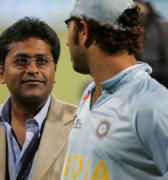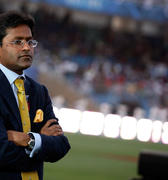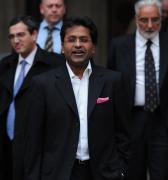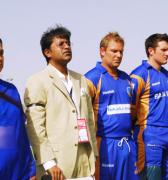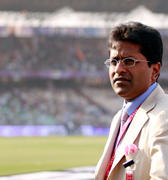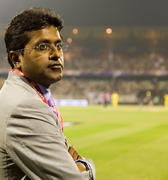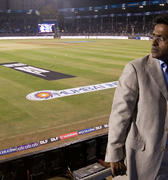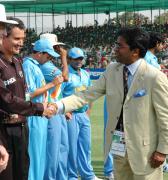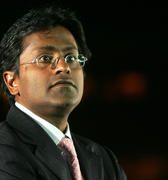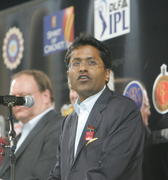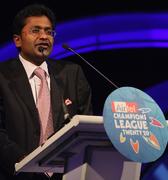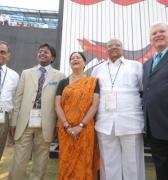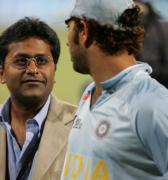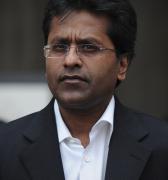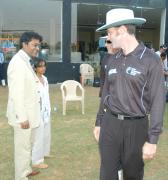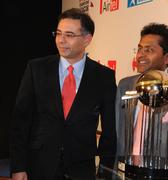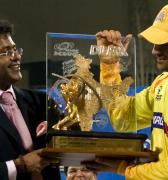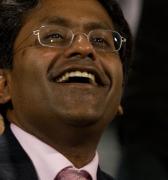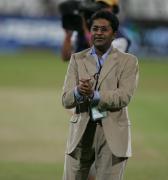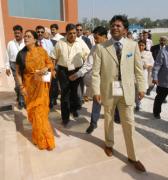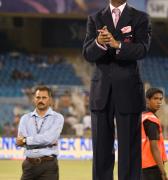IPL teams set to earn Rs 150 crore next season
As per current estimates, each IPL franchise spends Rs 120-150 crore a year in running the team
With BCCI set to award media rights for the cash-rich IPL on September 4, the windfall of it would be enjoyed handsomely by not just the board but by the franchises too. The board has invited bids for media rights – for the sub-continent and worldwide – and in multiple categories.
The eight franchises are set to earn Rs 150 crore at least even before the first ball is bowled. The massive paycheque for the franchises would mean a big boost and a profitable balance sheet unless the teams spend extravagantly.
According to estimates, the media rights for television and digital coverage of the IPL are expected to garner at least Rs 12,000-14,000 crore for the next five years (2018-2022). The title sponsor Vivo has already committed Rs 2,199 crore in that pool with three or four official partners, expected to shell out Rs 700-800 crore in that period as well. This would fatten BCCI’s revenue stream by at least Rs 15,000 crore (Rs 3,000 crore per year).
As per the agreement and terms, BCCI will start sharing 40% of this Rs 3,000 crore – or Rs 1,200 crore – among the eight IPL franchises that will be in competition next year.
“At the given cost structure, all the teams will comfortably break even next year,” said a top executive of an IPL franchise to Economic Times. “If the player cost doesn’t increase much, the profits will be upwards of Rs 50 crore.”
“We are hoping that the central revenue pool will be significantly higher next year,” said Mohit Burman, co-owner of Kings XI Punjab. “So a higher revenue pool will only help if the cost also does not increase much.”
“Yes, the central revenue pool will see an increase, but I don’t want to be presumptuous on what that number will be,” said Venky Mysore, CEO of Shah Rukh Khan-owned Kolkata Knight Riders, the most profitable IPL franchise. “It will make a lot of franchises profitable, but the way we see, the health of a franchise has to be independent of central revenue. One has to build a brand and a fan base, which ensures good valuation.”
As per current estimates, each IPL franchise spends Rs 120-150 crore a year in running the team. It includes player costs, franchise fees, and other administrative and operating charges. From next year onwards, teams won’t be paying a fixed franchise fee but will have to fork out 20% of their revenue to BCCI.
The IPL franchises earn money in three ways: central pool, sponsors, and ticket sales. “The valuation is based on how strong is your brand and how many fans you have,” Mysore said. “If the brand is strong, other brands will want to associate with you and if the fan base is strong, it will result in increasing the gate revenues and merchandise. If you rely only on central revenue, you are not creating value but subsidising other costs. But yes, the revenue pool increase will make shareholders of all franchises happier.”
With BCCI set to award media rights for the cash-rich IPL on September 4, the windfall of it would be enjoyed handsomely by not just the board but by the franchises too. The board has invited bids for media rights – for the sub-continent and worldwide – and in multiple categories.
The eight franchises are set to earn Rs 150 crore at least even before the first ball is bowled. The massive paycheque for the franchises would mean a big boost and a profitable balance sheet unless the teams spend extravagantly.
According to estimates, the media rights for television and digital coverage of the IPL are expected to garner at least Rs 12,000-14,000 crore for the next five years (2018-2022). The title sponsor Vivo has already committed Rs 2,199 crore in that pool with three or four official partners, expected to shell out Rs 700-800 crore in that period as well. This would fatten BCCI’s revenue stream by at least Rs 15,000 crore (Rs 3,000 crore per year).
As per the agreement and terms, BCCI will start sharing 40% of this Rs 3,000 crore – or Rs 1,200 crore – among the eight IPL franchises that will be in competition next year.
“At the given cost structure, all the teams will comfortably break even next year,” said a top executive of an IPL franchise to Economic Times. “If the player cost doesn’t increase much, the profits will be upwards of Rs 50 crore.”
“We are hoping that the central revenue pool will be significantly higher next year,” said Mohit Burman, co-owner of Kings XI Punjab. “So a higher revenue pool will only help if the cost also does not increase much.”
“Yes, the central revenue pool will see an increase, but I don’t want to be presumptuous on what that number will be,” said Venky Mysore, CEO of Shah Rukh Khan-owned Kolkata Knight Riders, the most profitable IPL franchise. “It will make a lot of franchises profitable, but the way we see, the health of a franchise has to be independent of central revenue. One has to build a brand and a fan base, which ensures good valuation.”
As per current estimates, each IPL franchise spends Rs 120-150 crore a year in running the team. It includes player costs, franchise fees, and other administrative and operating charges. From next year onwards, teams won’t be paying a fixed franchise fee but will have to fork out 20% of their revenue to BCCI.
The IPL franchises earn money in three ways: central pool, sponsors, and ticket sales. “The valuation is based on how strong is your brand and how many fans you have,” Mysore said. “If the brand is strong, other brands will want to associate with you and if the fan base is strong, it will result in increasing the gate revenues and merchandise. If you rely only on central revenue, you are not creating value but subsidising other costs. But yes, the revenue pool increase will make shareholders of all franchises happier.”
(Courtesy: The Indian Express)




